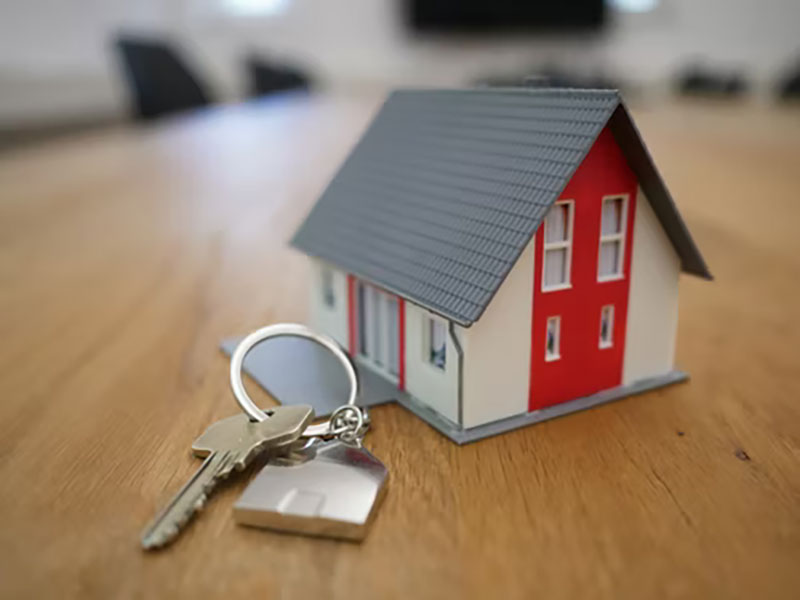Advertisement
Making the transition from renting to buying a home is both exhilarating and liberating.
For many, it is a milestone achievement, and it represents the realization of the American Dream. However, it is a momentous decision that requires a lot of consideration because it affects your future and your finances; it will probably be the largest debt you would ever have to pay.
A decision like this requires a solid financial status. You may also need a mortgage loan, which can be gotten from fintech companies like SoFi home loans that offer affordable rates to help supplement your funds.
But before you start to consider buying a home, you should first fulfill the requirements below.
No Outstanding Debt
Before you start considering purchasing a home, you have to ensure you have no outstanding debt.
This is because you would need your extra cash to cover the expenses that come with owning a home, like repairs and upkeep, homeowners’ insurance, property tax, a mortgage, and furnishings.
High Credit Score
A credit score is a three-digit figure that ranges from 300 to 850. Your credit score is calculated with your credit report. Your credit report contains data like the amount of your pending debt, your payment history, and the length of time you’ve had credit.
Generally, credit scores between 580 and 669 are regarded as fair; 670 to 739 are considered good; 740 to 799 are considered very good; and 800 and higher are considered exceptional, depending on the credit scoring methodology.
A high credit score is crucial because it makes you more creditworthy, meaning you would get reduced interest rates, larger loan amounts, and cheaper fees.
By being able to qualify for a reduced interest rate, you will be able to afford a lower monthly mortgage payment, making your plans to own a home more feasible.
An increase in Income
It is not advisable to buy a home on a low income because it will require you to put in more than 30% of your monthly income on a mortgage payment. However, it is not impossible to purchase a home on a low income if you are willing to cut back on your personal budget.
On the other hand, if you just got a raise at your job or your business just started doing better, and there is more cash to spare, you can consider buying a house.
Substantial Down Payment
To get a mortgage on a home, you have to make a down payment, meaning you have to pay a certain percentage of the price of the home. Most times, mortgage lenders set the percentage at 10%. For example, if the home you want to buy is $250,000, you would be required to make a down payment of $25,000.
However, the down payment percentage is not fixed, meaning you are allowed to pay higher. It is more advantageous for you to spend more on your down payment, like 15% or 20%.
This will reduce your monthly mortgage payment. Also, when you pay a higher percentage as a down payment above 20%, you get to avoid paying for PMI (private mortgage insurance)- PMI is an insurance policy that protects the mortgage lender if you default on your primary mortgage obligation.
In addition, if you can afford to make a down payment on the house you want, you are most likely ready to purchase a home.
Good Savings
To make a down payment on a home, you need to have good savings. Having backup cash or an emergency fund is as important as having a higher income when you want to purchase a home because you never know what could happen.
Also, maintaining a home costs a lot of money, and you need to have money saved to take care of a house. Sometimes, having just down payment money is not enough. You still need to have a substantial amount of money after making a down payment.
In addition, If you can afford to make a down payment and still have enough money, then you are probably ready to purchase that house.

